
OR
More business partnerships will strengthen Nepal-UK ties
Published On: September 14, 2019 01:00 AM NPT By: Alderman Peter Estlin
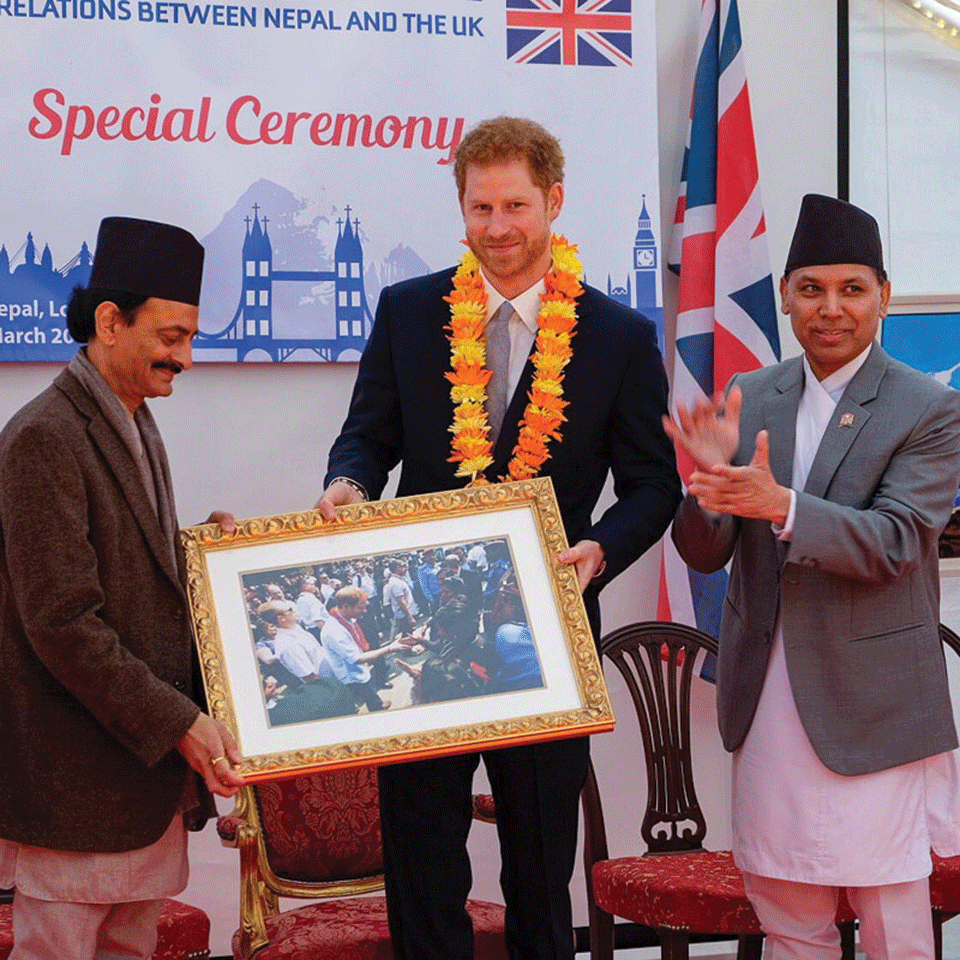
More from Author
There are plenty of potential win-wins between the UK and Nepal to explore, and ways the UK can help Nepal achieve its potential
As the 691st Lord Mayor of the City of London, I am the traditional head of the UK’s historic ‘Square Mile’, home to the world’s leading financial and professional services hub.
In my role as one of the UK’s principal financial ambassadors, I have worked tirelessly over my year in office to promote the sector at home and abroad, visiting nearly 30 countries and undertaking countless engagements to develop links and build relationships.
My work is made even more rewarding when I have a history with these countries. I am able to see them anew but also bring my own experience to help inform discussions.
Nepal is one such place.
When I first visited the country, it was far from an auspicious occasion. After the 2015 earthquake, my wife and I were a part of the Voluntary Service Overseas effort to help rebuild schools, and one in particular in Dhading district.
Working alongside teachers and other volunteers, I was able to look beyond the destruction of the earthquake and see this beautiful country: the world heritage sites, the world’s tallest mountains, the incredible food, and of course the extraordinary Nepalis people.
One year later during my year as Sherriff of the City of London, I visited Nepal again alongside the then Lord Mayor Sir Andrew Parmley. We explored the enormous opportunities for development, in areas including financial services and hydropower.
Since then we have built on these discussions back in London, hosting the Nepali finance minister only a few months ago for a roundtable on the future relationship between Nepal and the City.
I am personally delighted to see the progress Nepal has made since my first visit. Since 2016, GDP per capita has increased by 31 percent, poverty has continued to decline and education rates have improved. In terms of stability, Nepal has held multi-party elections under a new constitution, and is now populating that new federal system.
New companies operating here provide innovative, new services and employment for thousands of Nepalis. Some of these—like the Malle restaurant which I will be visiting this week—have been supported by UK-funded programmes that give a leg-up to entrepreneurs. These start-ups are possible because of imaginative and resourceful people, but can only be sustained through continued support from investors and government.
I am encouraged by discussions between our two countries on double taxation treaty, and look forward to hearing how that may help investments in sustainable energy and environmental projects.
After all, there are plenty of examples of already strong UK business links with Nepal— longstanding connections, through institutions like Standard Chartered and GSK, to newer links like the expansion of Cloud Factory. Combining UK and Nepali expertise can help bring innovative technologies to benefit both countries.
Yet despite these improvements, the level of FDI into Nepal as a proportion of GDP remains low, and there are areas where investors like those from the City will be looking for more clarity. Things like visas for companies starting up. After all, businesses need to know they can bring the right people into the country to set up and train the local population, and as easily as possible. Predictable legislation is also crucial. Countries that have less red tape and fewer barriers to investment will inevitably attract more foreign inflows. It is in Nepal’s interests to ensure a system where automatic entry routes are permitted except for sensitive sectors and there is a simple, robust process for checking the legitimacy of foreign funding. There are plenty of potential win-wins between the UK and Nepal to explore, and ways the UK can help Nepal achieve its potential.
I have seen some great examples of UK assistance in my three visits here, and this time has been no different. Our new partnerships on the Real Time Gross Settlement system will help people and businesses receive payments almost instantly rather than at the end of the day. I will also meet shopkeepers and shoppers who are benefitting from cashless payments— people no longer have to take arduous journeys to their nearest bank branch.
Another area for potential collaboration is green finance. I know Nepal sees climate change as a top priority, and that banks are looking for capital. London, and more broadly the UK, is a world leader in green finance, which supports projects that reduce the causes or impacts of climate change.
Nepal has a significant youth dividend, with the potential to benefit from UK qualifications. I am pleased to see universities like Northampton, Coventry, Northampton, UWE, Leeds Beckett, London Metropolitan and more collaborating with Nepali institutions, and hope this can be expanded. Internationally-recognised UK qualifications like those offered by the Association of Chartered Certified Accountants will help young professional Nepalis get their dream jobs.
And of course there are always ways the trading relationship can get better. To this extent the City of London Corporation, and indeed the UK Embassy in Kathmandu, are always looking for innovative firms interested in UK-Nepal business.
There are lots of reasons to end this trip feeling hopeful, and I am delighted to have returned for the third time in as many years. The visit has enabled me to reinforce both personal and business links, and I look forward to coming back in the future to continue to boost ties.
The author is Lord Mayor of the city of London, 2018-2019
You May Like This
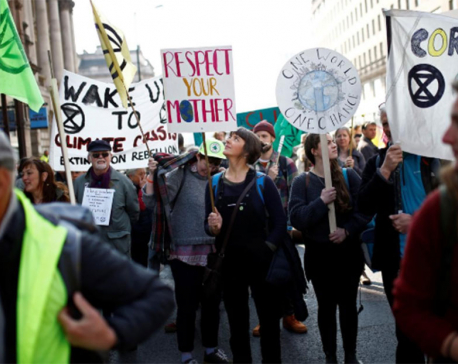
Climate protests close London bridge; 570 arrests in 4 days
LONDON, April 20: Climate protesters are once again trying to shut down parts of London to urge residents to do more... Read More...
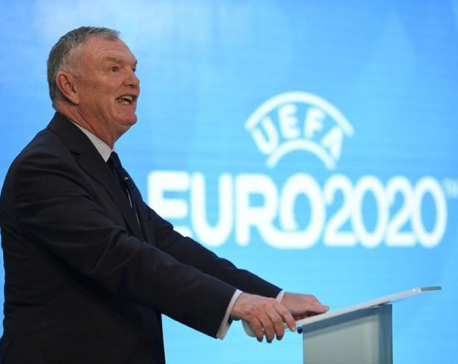
Arsenal, Chelsea clash to raise funds for London tower fire victims
Proceeds from a clash between London football giants Arsenal and Chelsea will go to support people caught up in the Grenfell... Read More...

National cricket team wins friendly match against London club
KATHMANDU, July 14: Nepal's National Cricket Team won first friendly match against the local amateur Free Foresters Cricket Club in... Read More...


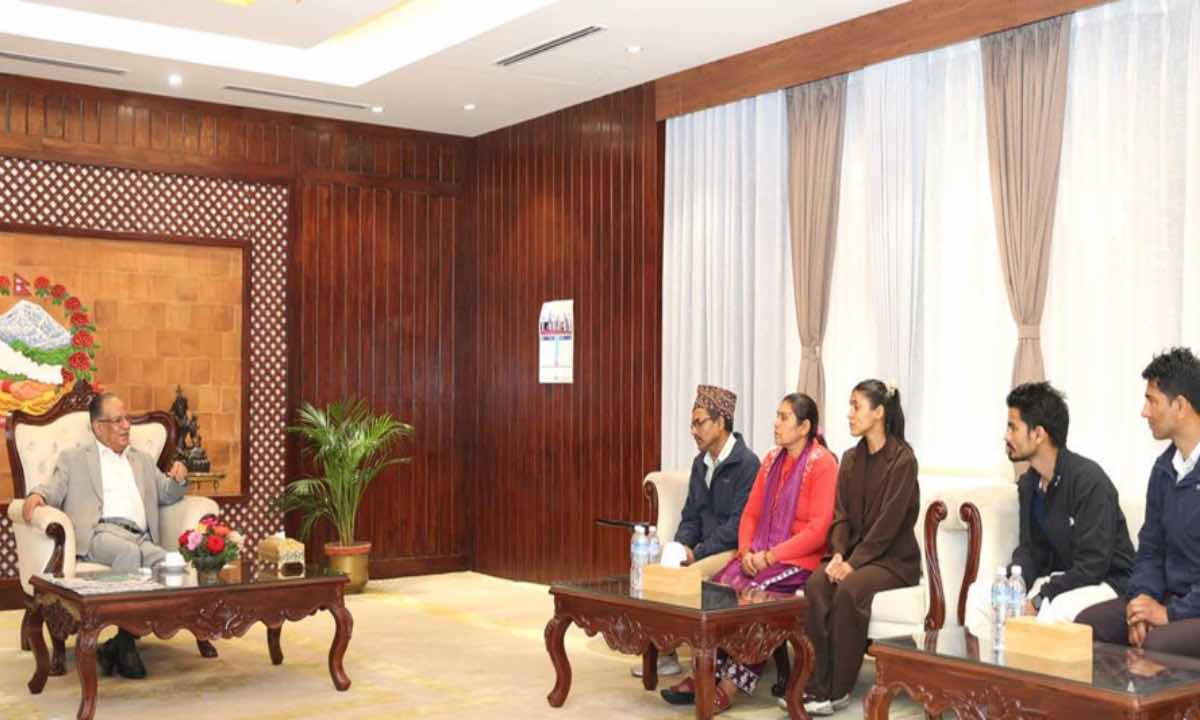
Just In
- Chemical fertilizers imported from China being transported to Kathmandu
- Man dies in motorcycle accident in Dhanusha
- Nepal face early setback as four wickets fall in powerplay against UAE
- Australian unemployment rate rises to 3.8 percent in March
- Gold price increases by Rs 700 per tola
- Fire destroys wheat crop in Kanchanpur, Kailali
- Bipin Joshi's family meets PM Dahal
- State Affairs and Good Governance Committee meeting today













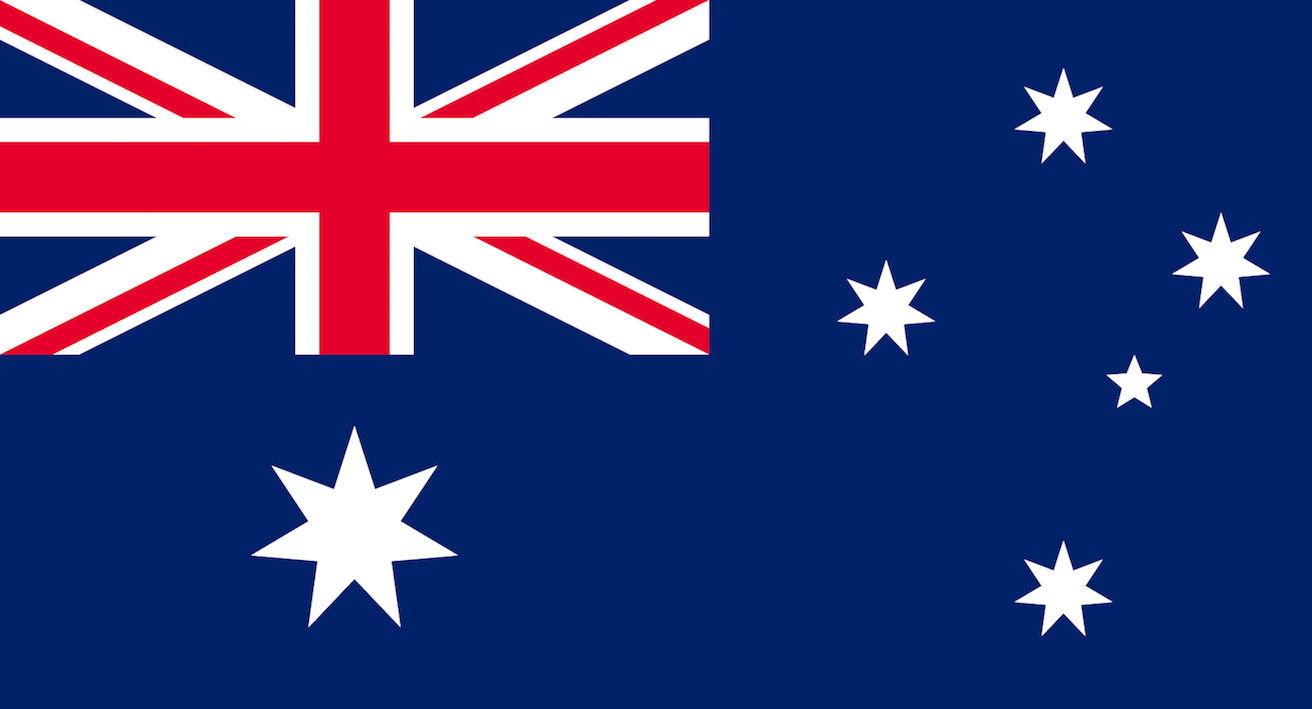

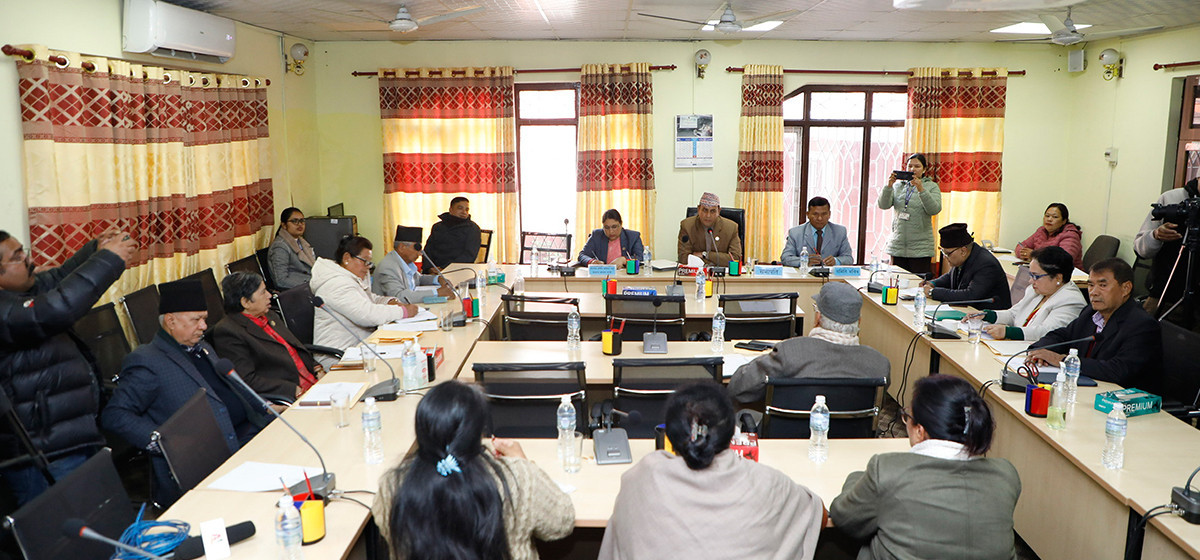
Leave A Comment